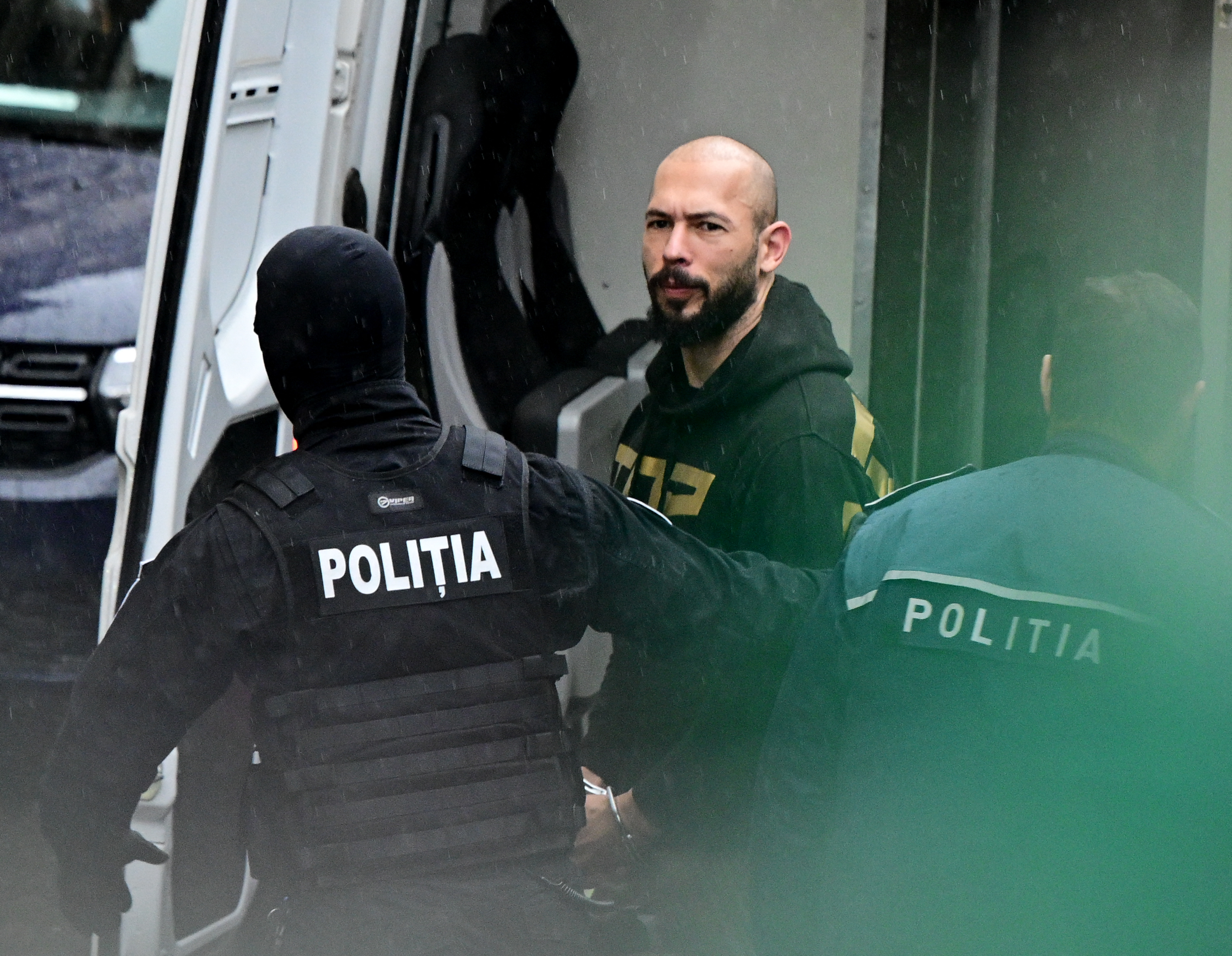In 1995, Princess Diana made one of the most significant decisions in her public life by agreeing to a TV interview with journalist Martin Bashir on BBC's Panorama show.
Recorded in secret at the princess's home at Kensington Palace and broadcast on November 20, the 54-minute interview created shock waves that rocked the monarchy and hastened the formal end of her marriage to Prince Charles.
In the interview, Diana made a number of deeply personal revelations, including discussing her experiences with depression and self-harm as well as her extramarital affair with a British soldier and Charles' affair with Camilla Parker Bowles.
The royal family did not publicly respond to Diana's remarks and disclosures during the interview. Some biographers have suggested that the program prompted Queen Elizabeth II to ask her son and daughter-in-law to end their separation and file for legal divorce.
Following the broadcast, speculation circulated about how Bashir had convinced the princess to be interviewed.

In 1996, a BBC conducted an internal investigation after a whistleblower claimed he was asked by Bashir to mock up false documents that showed that members of Diana's staff had been taking payments from newspapers and security services, which undermined trust in her inner circle.
The private investigation concluded that the documents had not played a part in the princess's decision to take part in the Panorama interview. Diana wrote a letter saying as much and said that she had "no regrets."
However, in 2020 questions resurfaced at the time of the interview's 25th anniversary. There were claims that Diana did not know the extent to which Bashir had gone to deceive her and therefore her letter was not written with full knowledge of the facts.
Facing backlash, the BBC opened an independent investigation into the interview's background, headed by a Supreme Court judge, Lord Dyson.
The judge concluded in 2021 that Bashir had used "deceitful behaviour" to convince Diana to take part in the interview in what was a "serious breach" of BBC editorial standards.
Bashir said after the findings, "I never wanted to harm Diana in any way, and I don't believe we did."
He also denied that the falsified documents had any bearing on her decision to do the interview.
The findings of the Dyson inquiry prompted a rare response from Prince William, who was 13 at the time of the Panorama broadcast. In a statement issued in person from Kensington Palace, he said the program should not be aired again and noted how the "false narrative" it painted left his mother experiencing paranoia in the years before her death in 1997 at age 36.
Statement From Prince William Following Dyson Inquiry Findings, Kensington Palace—May 20, 2021
"I'd like to thank Lord Dyson and his team for the report. It is welcomed that the BBC accepts Lord Dyson's findings in full, which are extremely concerning. That BBC employees lied and used fake documents to obtain the interview with my mother, made lurid and false claims about the royal family which played on her fears and fueled paranoia, displayed woeful incompetence when investigating complaints and concerns about the programme, and were evasive in their reporting to the media and covered up what they knew from their internal investigation.
"It is my view that the deceitful way the interview was obtained substantially influenced what my mother said. The interview is a major contribution to making my parents' relationship worse and has since hurt countless others.
"It brings indescribable sadness to know that the BBC's failures contributed significantly to her fear, paranoia and isolation that I remember from those final years with her. But what saddens me most is that if the BBC had properly investigated the complaints and concerns first raised in 1995, my mother would have known that she'd been deceived.
"She was failed not just by a rogue reporter but by leaders of the BBC, who looked the other way rather than asking the tough questions.
"It is my firm view that this Panorama programme holds no legitimacy and should never be add again. It effectively established a false narrative which for over a quarter of a century has been commercialised by the BBC and others. This settled narrative now needs to be addressed by the BBC and anyone else who has written or intends to write about these events. In an era of fake news, public service broadcasting and a free press have never been more important. These failings, identified by investigative journalists not only let my mother down and my family down, they let the public down too."
Following the Dyson inquiry and William's statement, the BBC issued an unreserved apology to the princess's sons, the Spencer family and members of the royal family who were affected.
In 2022, the broadcaster agreed to pay damages to former members of the royal staff who were implicated in speculative rumors believed to have come from Bashir in hopes of convincing Diana to do the interview.
At the time, the BBC repeated its apology to those involved. Director-General Tim Davie confirmed his decision that, in line with William's wishes, the BBC would "never show the programme again."
James Crawford-Smith is Newsweek's royal reporter, based in London. You can find him on X (formerly Twitter) at @jrcrawfordsmith and read his stories on Newsweek's The Royals Facebook page.
Do you have a question about King Charles III, William and Kate, Meghan and Harry, or their family that you would like our experienced royal correspondents to answer? Email [email protected]. We'd love to hear from you.
Uncommon Knowledge
Newsweek is committed to challenging conventional wisdom and finding connections in the search for common ground.
Newsweek is committed to challenging conventional wisdom and finding connections in the search for common ground.
fairness meter
To Rate This Article
About the writer
James Crawford-Smith is a Newsweek Royal Reporter, based in London, U.K. His focus is reporting on the British royal family ... Read more





